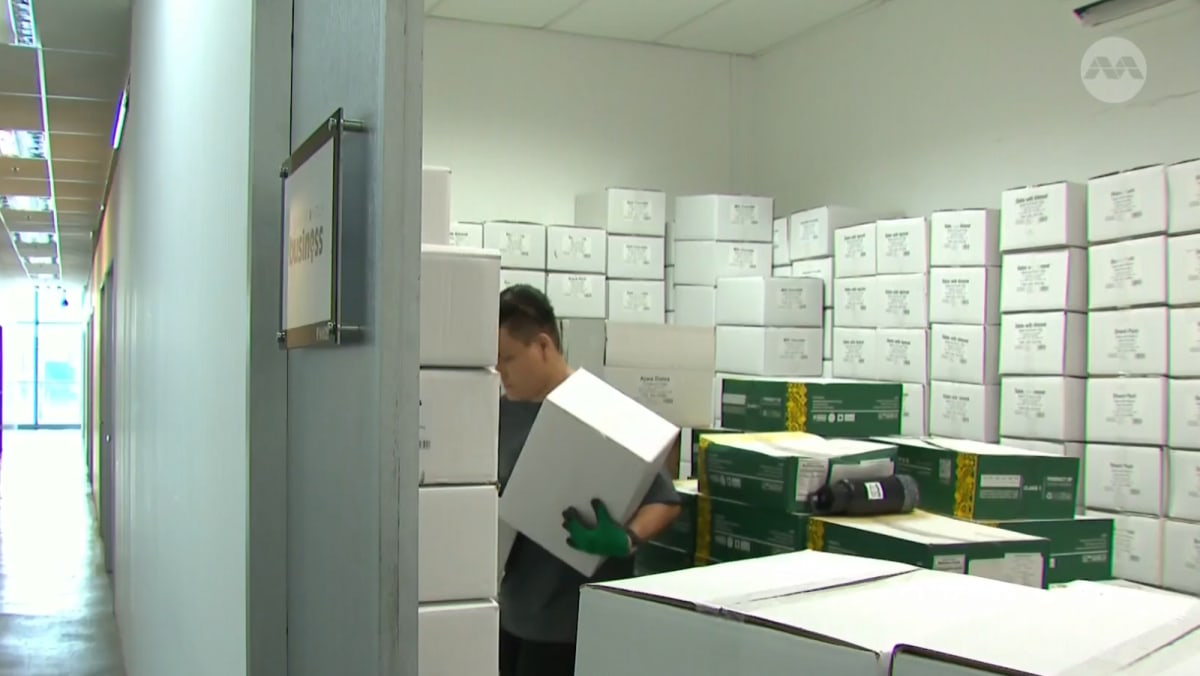MORE LAND BUT COSTS CLIMBING
In April, industrial landlord JTC Corporation lifted a temporary suspension to allow self-storage requests on selected industrial land – a move that industry players have welcomed.
Selected sites in areas such as Bishan, Clementi, and Tampines are now available for self-storage use.
Self Storage Association Asia’s chair Helen Ng noted: “There is clarity, and it has helped all the operators, because the fact that we couldn’t do any expansion in almost three years, hasn’t helped the business.
“But now that the moratorium has lifted, we are free to go out and look at real estate, knowing that it is all kosher,” added Ms Ng, who is also CEO of self-storage firm Lock+Store.
Around 700,000 sqm of new industrial space is expected to be added by the end of the year. JTC said it will continue to monitor demand and work closely with the self-storage sector to ensure there is sufficient room for growth.
The storage association said that operators prefer JTC-managed land due to better prices, which can be up to a third lower than private market rates, thanks to shorter lease terms.
JTC is a statutory board under the Ministry of Trade and Industry that develops and manages a wide range of facilities, including industrial parks.
But even with more land on offer, a larger challenge lies in rising costs.
Industrial space prices grew by 5.3 per cent year-on-year in the first quarter of 2025, according to the latest figures from JTC.
Ms Ng said that while the nature of the self-storage industry means it has to deal with real estate issues, it can control factors like internal efficiency, or its own use of space.
This means using technology like predictive AI to analyse customer trends and target the right segment.
“The only impediment for us (is) the rising cost of real estate in Singapore … obviously, we don’t want to pass all that on to our customers, right?” she questioned.
“In my 10, 12 years in the business, rental has almost doubled … but the cost of rental to our customers hasn’t doubled. It’s not just rent – it’s utilities, salaries, everything has increased.
“So it’s just a much more expensive environment to be operating today,” Ms Ng added.
